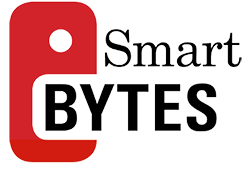6 Steps to Help Your Child Make Friends
April 22, 2024

Although we’ve come a long way in de-stigmatizing dyslexia, in some places there’s still work to do, with at least one important constituency—teachers.
According to a recent study done in the UK, when students carry the label “dyslexia,” a significant number of teachers believe there’s little they can do to improve those children’s reading skills. The study aimed to tease out how the term dyslexia impacted teachers’ perceptions of their ability to help struggling readers.
Labels Have Implications
As explained in a recent article in Medical News Today, the study involved two questionnaires:
One questionnaire sought to discover how much the teachers believed they could do to help the children. The other questionnaire sought to discover the extent to which the teachers believed that the children’s difficulties were “essential”- that is, how far they marked out the difficulties as having a distinct biological basis.
Two different versions of the questionnaires were used. In the first version both questionnaires talked about “dyslexia” and the second talked about “reading difficulties.”
An analysis of the data found that the two labels had an important impact on the teachers’ beliefs about their ability to help the children:
The label “dyslexia” evoked responses that suggested it was seen as a fixed disability, and that the teachers believed their ability to help children with “dyslexia” was unlikely to develop over time. By contrast, the teachers who had been asked about “reading difficulties” were less likely to see the children’s problems as permanent; they were also more likely to believe that they would be able to help them.
While this is one small study (121 teachers), it raises a red flag for parents whose children have been diagnosed with dyslexia. As your child’s advocate, it’s vital to ensure that those in charge of his or her education have a clear understanding of what dyslexia is and how it should be treated. Don’t be shy about funneling your child’s teachers information from Smart Kids, starting with Dyslexia: An Overview.
Related Smart Kids Topics